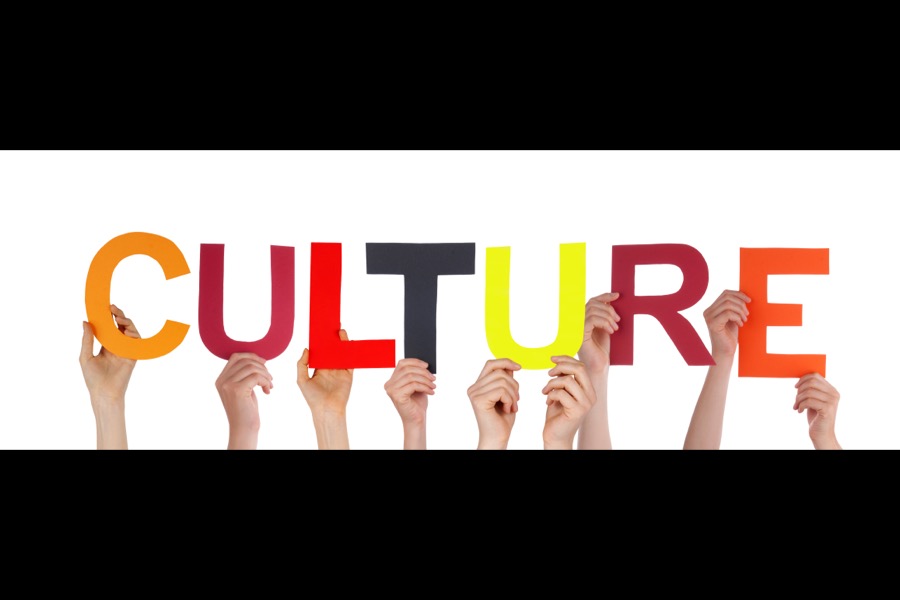Other words in the public debate seem to be "one way" words. They are only applied to condemn traditionalists, or certain conservative values, but they are never used in reverse. In examining these words, we are reminded of Alice's encounter with Humpty Dumpty in "Through the Looking Glass." To an astonished Alice, Humpty Dumpty scornfully says, "When I use a word it means just what I choose it to mean--neither more nor less."
"Censorship" is a "one way" word. It is routinely thrown at citizens who oppose pornography, parents concerned about rock music lyrics, citizen groups who question the appropriateness of some classroom materials, or grass roots organizations who call for boycotts of products or material that attack their values. The reverse is never true. The systematic removal of references to our religious heritage in history books by publishers is never called censorship. Neither is the harassment or closing by universities of college newspapers which have sprung up in recent years to promote a traditional agenda.
When mainstream bookstores refuse to carry many books with Judeo-Christian themes but carry all sorts of tracts on New Age mysticism, no leading figures take to the airwaves to raise the charge of censorship. Search prime-time TV for examples of religion or religious influences in the lives of the characters. It is rare, though religion is a major factor in the lives of Americans.
Writers, directors, producers all have worked together to create these shows with a secular world-view - but this is not considered censorship. Likewise, libraries often remove religious books offering practical advice on family life reflecting biblical concepts. None dare call it censorship!
How about "pluralism"? It too, seems to be a value word that only one side is required to observe. When bizarre lifestyles are thrust on the rest of us and tolerance or even subsidy is demanded, we are directed by the culture to grant it in the name of "pluralism." When traditional Western culture and literature disappear from our major universities and are replaced by a hodge-podge of Third World poetry and philosophy, it is done in deference to the god of "pluralism."
Pluralism is cited as the reason we must show infinite tolerance for all views and viewpoints--except those based on tradition and a Judeo-Christian ethic. When we argue that parents should have more educational choice so that they can send their children to schools that reflect their values, this is never accepted by the cultural elites as something that should be permitted in the name of "pluralism."
"Sensitivity" is a loaded word, but it defends only one set of views or beliefs. We are urged to be sensitive about what we say about the behavior of our fellow citizens. It is insensitive, for example, to suggest that someone who has irresponsibly "slept around" may be expected to contract a venereal disease.
It is certainly considered insensitive to suggest that abortion is the taking of a human life. We are supposed to be sensitive about how we describe the criminals who prey on innocents in our cities--after all they may come from a group that is discriminated against or is socially disadvantaged. Never mind that their victims are also targets of bias!
In many schools the pledge of allegiance to the flag has been eliminated --the excuse being that it may be insensitive to the child who rejects what the flag stands for. And, of course, a major reason cited by the courts for rejecting a moment of silence to begin the school day is that the village atheist may be offended. We must not be insensitive even to one individual--unless of course the individual is a traditionalist.
No one worried about the lack of sensitivity shown to Christians by the distribution of the movie The Last Temptation of Christ. When a child raised in a traditional home is required to take a value-free sex education course, or be one of only a handful of children who bring in a parental note to be excused from class, no concerns are raised about the insensitive treatment of him, even though he is singled out for ridicule by his peers. It's not considered insensitive to women to show them as mere sex objects and playthings at the local pornography shop.
Words? Mere semantics? No, language is how we in a democracy settle our differences and debate the alternatives. Words inspire or shame--they arouse people to action or lull them to sleep. A demagogue using "mere words" can lead a whole nation into the abyss of a destructive world war, a fact we are painfully reminded of as we watch, fifty years later, newsreels of the rantings of the mad Adolf Hitler.
In George Orwell's futuristic novel, 1984, we are shown a world where a whole new language has been developed, called "newspeak." The purpose of newspeak is not only to provide a medium of expression, but to make all other modes of thought impossible. It was intended that when newspeak had been adopted once and for all, "a heretical thought...should be literally unthinkable..."
Increasingly in the civil war over our families and children, there is an effort to make certain thoughts unthinkable, or at the very least, unsayable. Too many who believe in the old values and their worth have been cowered into silence. Who wants to be called a censor? Who enjoys being accused of violating the unwritten rules of pluralism?
How can you talk of virtue when the word has descended to a dusty grave?
Perversion and evil abounds, but who will call it what it is? The high ground of rhetorical superiority has been occupied by the cultural elites who would sweep away all that millions of Americans embrace. Will we let them continue to hold that ground?
Book: Children at Risk
By Dr. James Dobson and Gary Bauer


